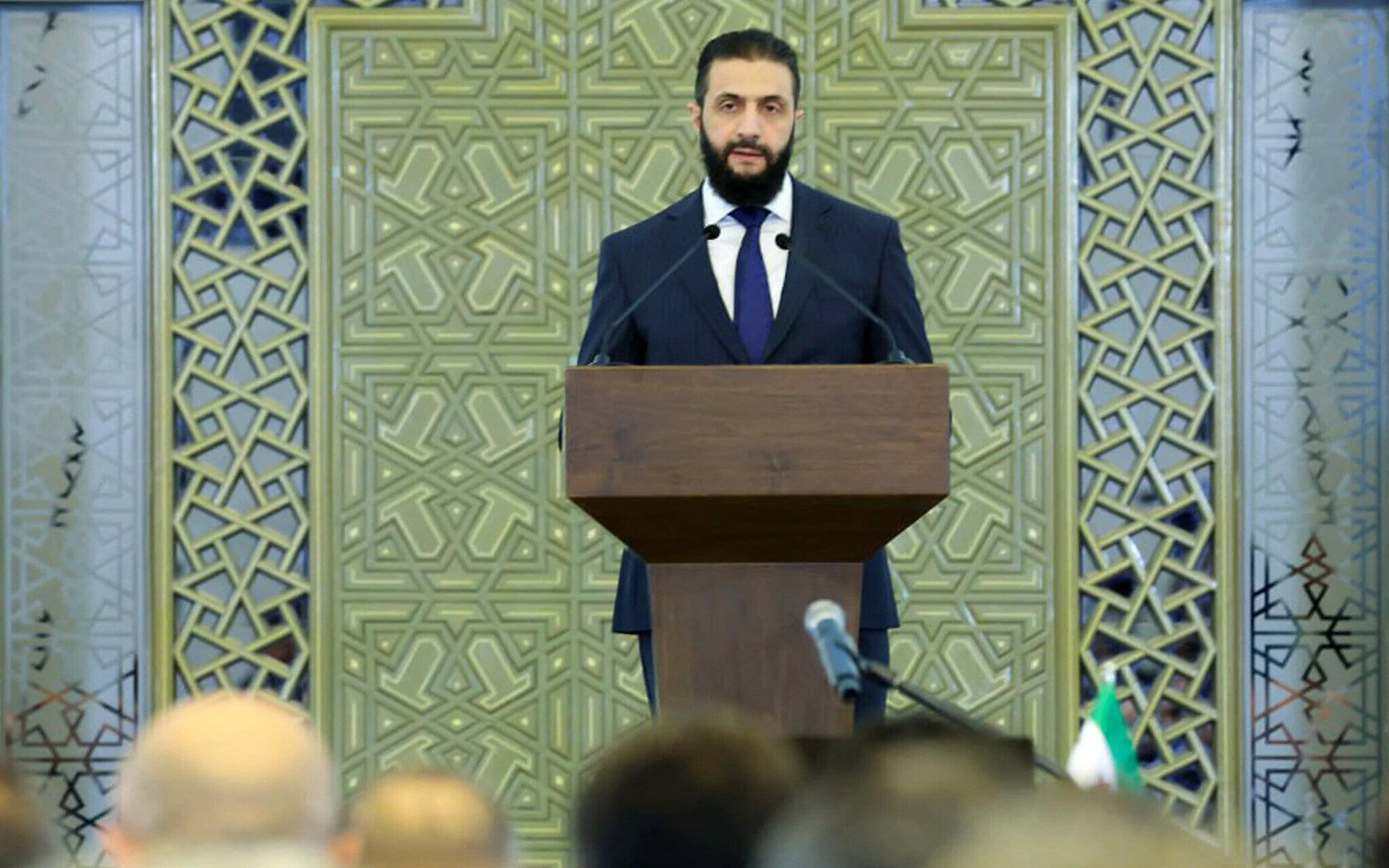The Syrian Transitional Government officially concluded its mandate on March 1, 2025, marking a pivotal moment in the nation’s modern history. This transition follows the fall of Bashar al-Assad’s long-standing regime, which collapsed after years of internal unrest, economic decline, and international isolation. The end of the transitional period signals the beginning of a new chapter for Syria, but one fraught with uncertainty and complex challenges.
Established with the backing of international stakeholders and opposition groups, the Transitional Government was formed to guide the country through a post-Assad era. Its primary responsibilities included maintaining civil order, drafting a new constitution, organizing free elections, and laying the groundwork for national reconciliation. Although the transitional administration made some progress in stabilizing key regions and facilitating humanitarian aid, deep-rooted divisions and sporadic violence continued to hamper its effectiveness.
Now, with the transitional phase officially over, a new leadership coalition has taken control, composed of representatives from various ethnic, religious, and political factions. This government faces the enormous task of uniting a country fragmented by over a decade of civil war. Security remains a top concern, particularly in the north and east where militia groups and remnants of extremist organizations still pose a threat.
In addition to restoring stability, the new leadership must tackle economic reconstruction, infrastructure development, and social healing. Millions of Syrians remain displaced both internally and abroad, and rebuilding trust in public institutions will be essential for long-term peace. International support, especially from regional neighbors and the United Nations, will play a crucial role in funding reconstruction and ensuring accountability.
While many Syrians are cautiously hopeful for a brighter future, the path ahead remains steep. The political shift represents an opportunity to build a more inclusive and democratic Syria, but the risks of renewed conflict or political fragmentation remain real. How the new government responds to these challenges will determine whether Syria can finally emerge from its prolonged crisis or slide back into instability.


















hossman
Ok
KHANDY
Good
Suhuyini
Okay